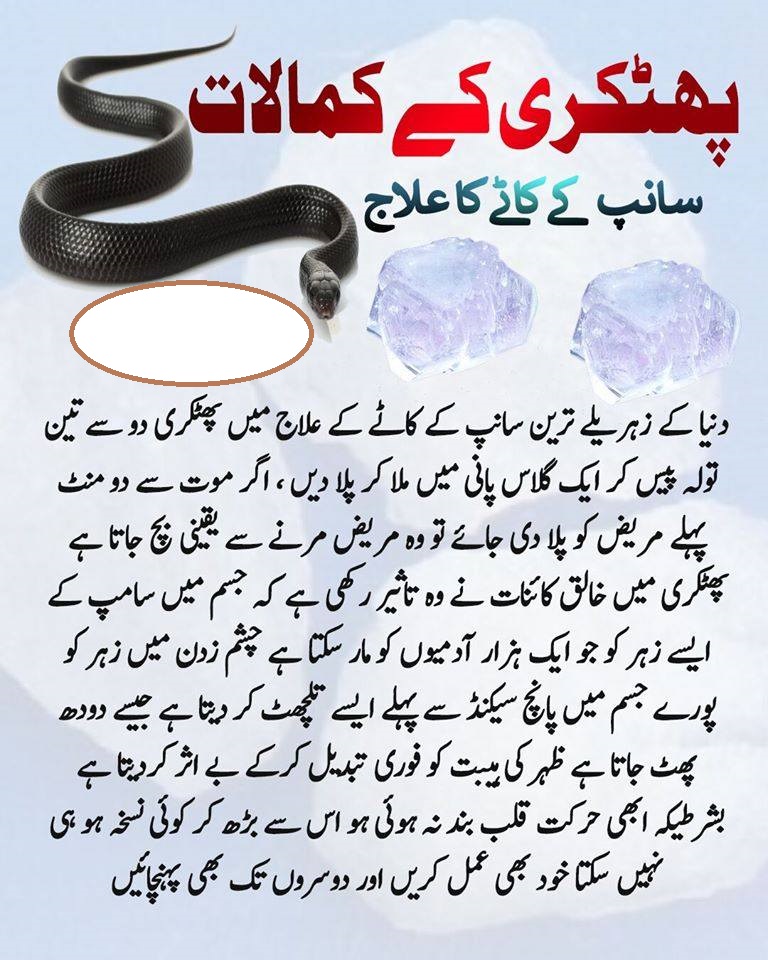According to the CDC, about 8,000 snakebites happen in the U.S. each year. Even a bite from a “harmless” snake can cause infection or allergic reaction in some people. For your safety, treat all snakebites as if they were venomous
and get to a hospital emergency room as quickly as possible. This is especially true if you aren’t sure of the exact type of snake that bit you. With the correct treatment (antivenin), you can prevent severe illness or death. Antivenin, also called antivenom, is a treatment specific to the venom of a particular animal or insect.
If you often spend time in wilderness areas, camp, hike, picnic, or live in snake-inhabited areas, learn the potential dangers posed by venomous snakes. You should:
The most common venomous snakebites are caused by the following snakes:
- Pit vipers. These include rattlesnakes, copperheads, and cottonmouth (water moccasin) snakes.
- Coral snakes
Rattlesnake bites cause most of the venomous bites in the U.S. Coral snakes and imported exotic snakes cause a much smaller number of snakebites.
